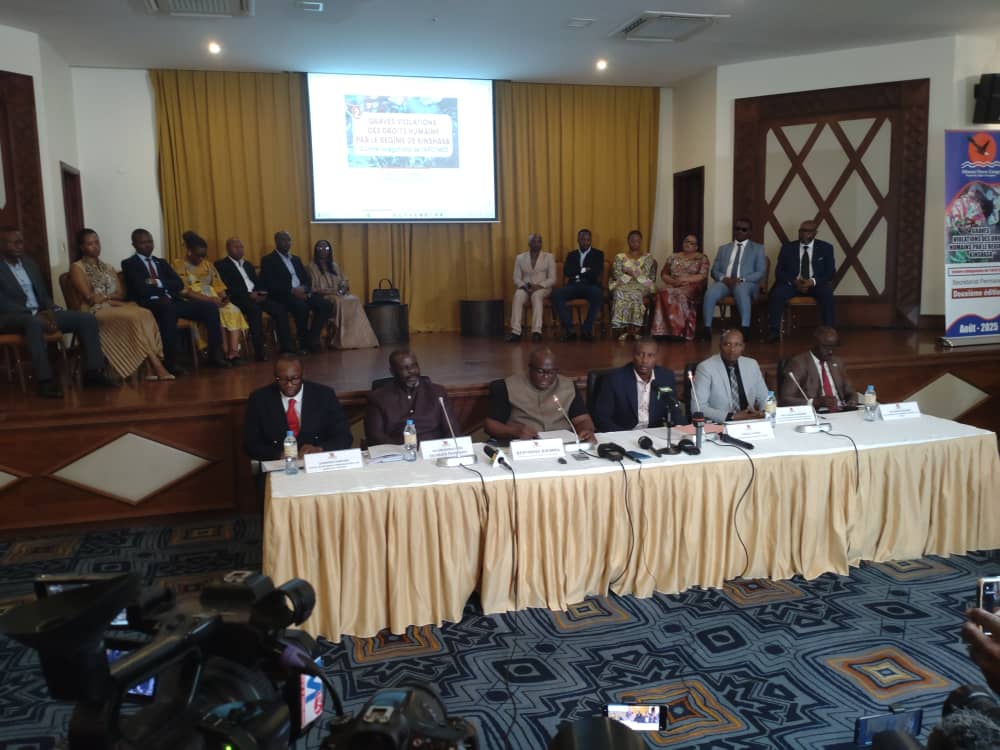The rebel group M23, which opposes the Congolese government, told journalists that allegations accusing it of killing Hutu civilians are baseless and only serve to reinforce the plan of the Congolese government and its allies to openly trigger genocide.
This was said during a press conference held in Goma aimed at responding to accusations recently published in a report by Human Rights Watch (HRW) and the United Nations Human Rights Office. The allegations included contradictory figures—one part claiming that M23 killed over 100 Hutu farmers in their fields, while another claimed the number exceeded 300.
M23 pointed out that the areas where these alleged killings took place are within the rugged Virunga region, which is not farmland. Therefore, saying people were killed while farming there is a blatant lie, further discredited by the contradictory numbers themselves.
The deputy leader of M23, Bertrand Bisimwa, stated that the Kinshasa government consistently attempts to portray M23 as a Tutsi organization, while in fact it includes many Congolese from different communities, with Hutus making up a significant portion. He asked: “If the areas in question are inhabited by Hutus, and if there are many Hutus within M23 itself, how could they possibly be killing their own people?”
M23 further argued that Congo’s strategy is to sow hatred between Hutus and Tutsis so as to spark an open genocide, in collaboration with the FDLR—the same group responsible for carrying out the genocide in Rwanda 31 years ago. They also accused Congo of using biased organizations such as HRW, which, according to M23, has never produced an accurate or fair report regarding Rwanda either.
Bisimwa warned: “Be cautious with these organizations, because most of them are established with specific agendas.”
The issue of ethnicity continues to be used as a political weapon in Congo, with hate speech portraying Tutsis and Kinyarwanda-speaking Congolese as enemies. This rhetoric, often repeated in the speeches of Congolese leaders, fuels hostility among the population, leading them to target fellow Congolese who speak Kinyarwanda. Recently, Congo has also extended this campaign to persecute Swahili speakers, accusing them of having Rwandan origins.
